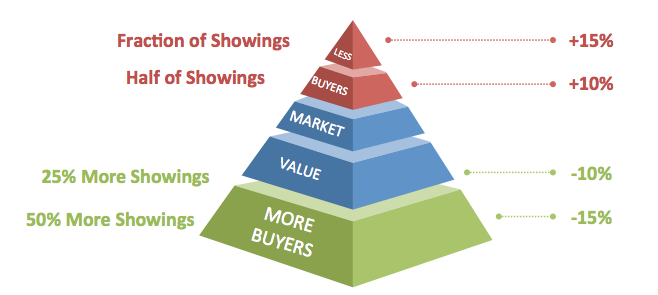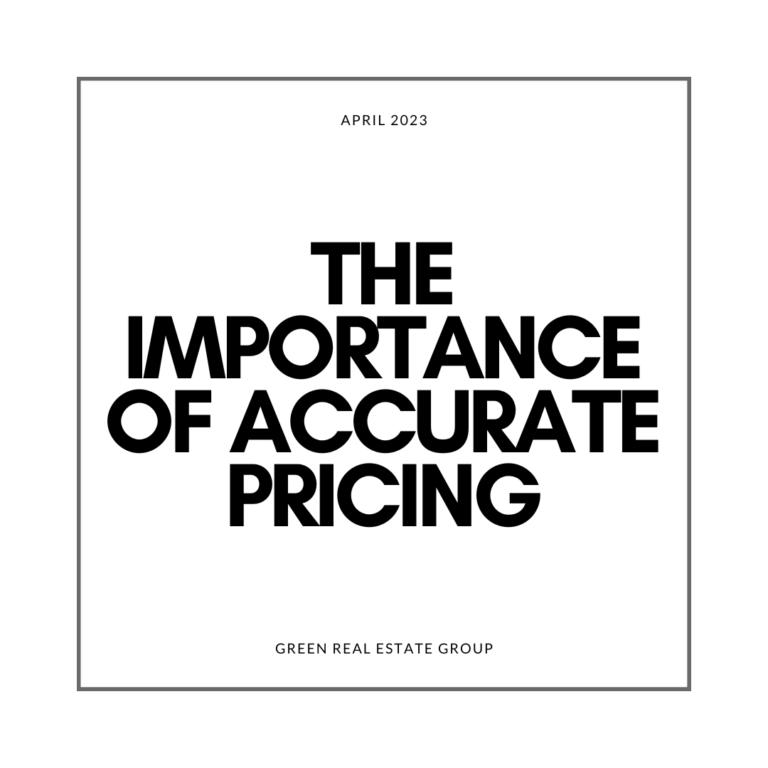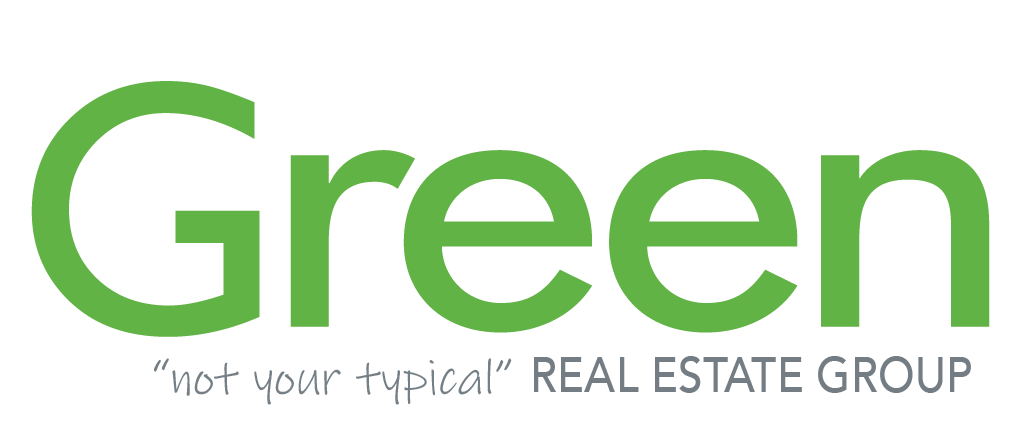Bringing you important insight to our real estate market, driven by years of experience and proven success in any market.
The Importance of Accurate Pricing
How you price your home will directly impact upon how many buyers, showings and offers you attract, and ultimately how easily it sells. Overpricing and underpricing your home are two strategies that we are going to explore in this article. Both have their downfalls and could result in getting less for your property than its true market value.


Overpricing Downfalls
The strategy of overpricing your property, knowing that you can reduce the price later, might make sense at first glance. However, it seldom works. In fact, sellers who overprice their properties, even just 10% above market value, often end up getting less than they would if they had priced it properly from the start.
Here’s why:
- A high price on your property makes other comparable properties more attractive, so you actually help sell your competition.
- Fewer buyers will respond to ads, fewer agents will show your property to their buyer clients, and you’ll get fewer serious offers.
- Inflated prices often lead to mortgage rejections and critical lost time waiting for finance approvals that don’t go through.
- Reducing the price after buyers have begun to perceive your home as a “stale” listing will not generate nearly as much interest as if you’d priced it properly from the start.
Underpricing Downfalls
The strategy of underpricing your property is designed to drive interest in your home and receive multiple offers in the hopes of selling the property for potentially higher than the market value. This strategy can be successful in a high-demand, low inventory market. However, you could up getting less than you would if you priced correctly from the start.
Here’s why:
- This strategy could backfire if you are priced low and receive only one offer for the asking price or less. It is difficult to negotiate buyers up on price when they’re not in competition with another buyer.
- This strategy tends to only work when the market is low on supply and high on demand. If there are only a few buyers looking for homes you are unlikely to generate competition for your home.
- If you do not achieve multiple offers on your property it is hard to change the listing price to more than what you had originally listed the property for. With all the data that is available to consumers today it can become hard to justify an increase in your asking price shortly after you have listed at a lower price.
This is why pricing your property right to coincide with its window of maximum market exposure and buyer interest is so important.

